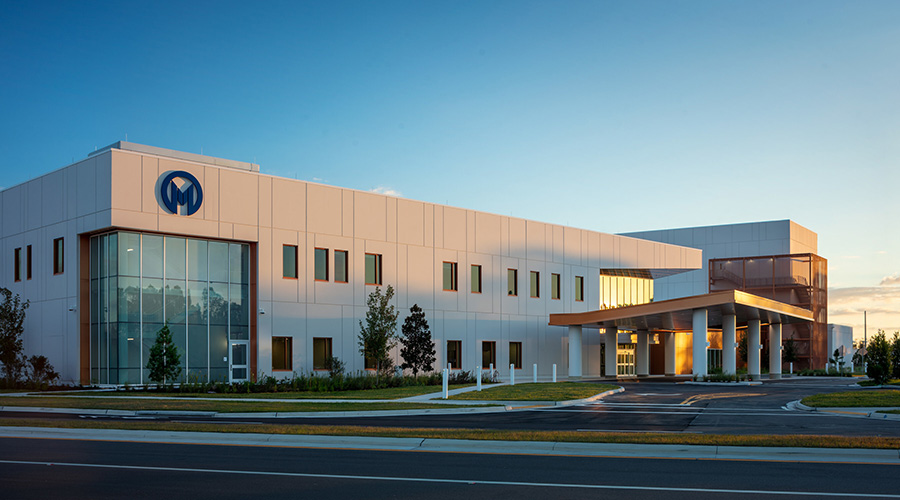Hemispherx Biopharma, Inc. (NYSE American:HEB) announced today that its TLR3 agonist Ampligen outperformed two other TLR3 agonists, poly IC and natural double stranded RNA, in creating an enhanced tumor microenvironment for checkpoint blockage therapy. Hemispherx is an advanced specialty pharmaceutical company engaged in the treatment of serious and debilitating disorders.
In a head-to-head study in explant culture models, Ampligen activated the TLR3 pathway and promoted an accumulation of killer T cells but, unlike the other two TLR3 agonists, it did so without causing regulatory T cell (Treg) attraction. These findings are considered important because they show that Ampligen selectively reprograms the tumor microenvironment by inducing the beneficial aspects of tumor inflammation (attracting killer T cells), without amplifying immune suppressive elements such as regulator T cells. The study, conducted at the University of Pittsburgh and Roswell Park Comprehensive Cancer Center, as a part of the NIH-funded P01 CA132714 and Ovarian Cancer Specialized Program of Research Excellence (SPORE), was published online in the journal Cancer Research (http://cancerres.aacrjournals.org/content/early/2018/05/31/0008-5472.CAN-17-3985).
“This has the potential to be clinically significant because a robust killer T cell population in the tumor microenvironment without attraction of Treg cells is important to help optimize checkpoint blockade-induced tumor shrinkage.” said Robert P. Edwards MD, executive vice chair of gynecologic services at Magee-Womens Hospital of UPMC and Professor of Obstetrics, Gynecology & Reproductive Services, University of Pittsburgh School of Medicine.
Lead investigator Pawel Kalinski, MD, PhD, Vice Chair for Translational Research and Professor of Oncology, Department of Medicine at Roswell Park, commented that the study “provides a strong foundation for moving forward with solid tumor studies to clinically demonstrate the extent to which Ampligen reprograms the tumor microenvironment in various clinical settings, with the goal of developing more effective immune therapies with checkpoint blockers.”
“We believe this is a valuable survival-enhancing medical strategy, building on the known capability of immuno-oncology agents such as Keytruda and Opdivo and potentially giving them a significant boost in tumor killing activity” said Thomas K. Equels, Chief Executive Officer of Hemispherx.
This press release and prior releases are available at www.hemispherx.net.
 What Lies Ahead for Healthcare Facilities Managers
What Lies Ahead for Healthcare Facilities Managers What's in the Future for Healthcare Restrooms?
What's in the Future for Healthcare Restrooms? Hammes Completes the Moffit Speros Outpatient Center
Hammes Completes the Moffit Speros Outpatient Center The Top Three Pathogens to Worry About in 2026
The Top Three Pathogens to Worry About in 2026 Blackbird Health Opens New Pediatric Mental Health Clinic in Virginia
Blackbird Health Opens New Pediatric Mental Health Clinic in Virginia